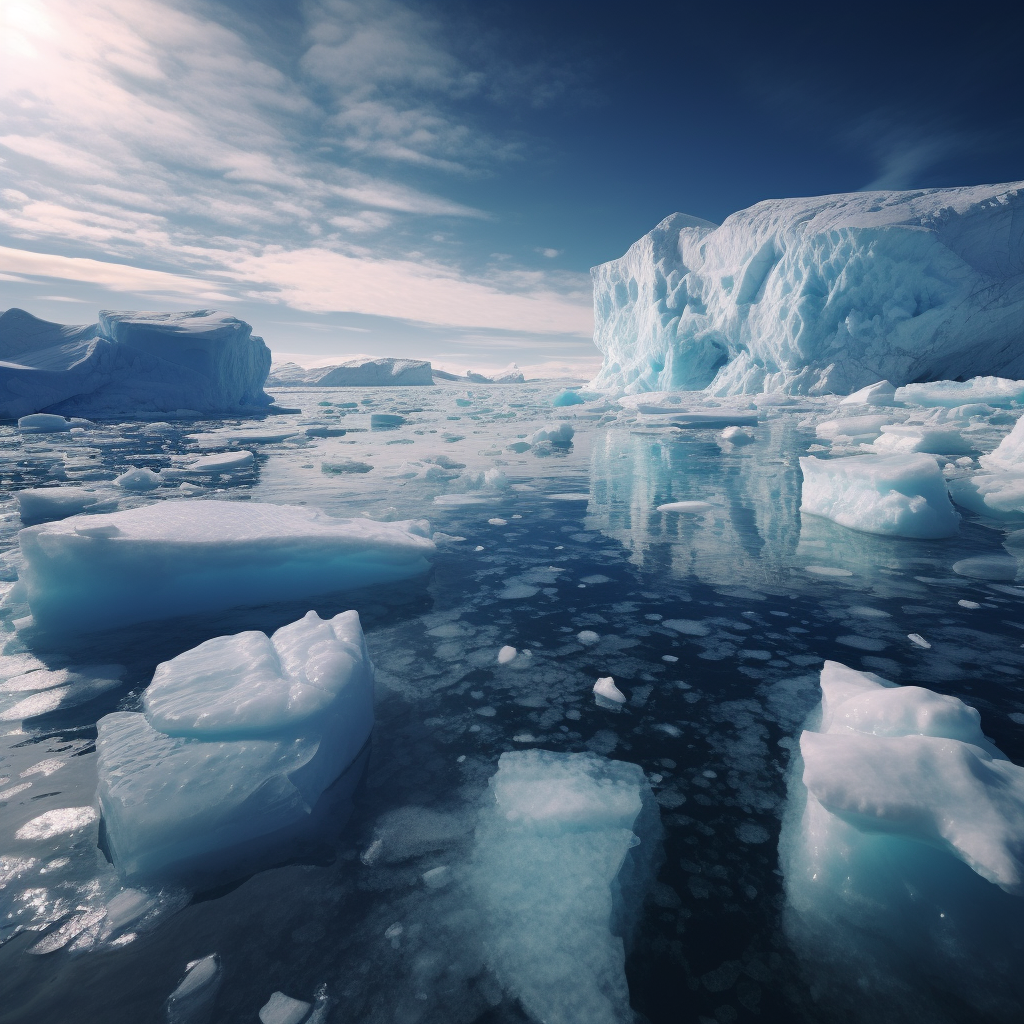August 1, 2023
Antarctica’s Alarming Sea Ice Decline – A Potential Threat to Global Climate Stability
Book a Demo
Satellites diligently keep track of our planet, recording daily the declining sea ice levels in Antarctica, a trend that has been consistent since 2016. The current state of affairs is quite alarming with the recorded sea ice measuring just 14.1 square kilometers, a shocking 2.3 million square kilometers less than the expected 16.4 million. To put that into perspective, this gap is equivalent to the size of Mexico.
The loss of sea ice is a cause for concern as it plays a vital role in reflecting the sun’s energy, circulating oxygen and nutrients in the ocean, and acting as a buffer for land-attached ice. The exact reason for this steep decline remains unclear. However, one theory suggests that the warmer ocean layer around Antarctica is reaching the surface, thereby hindering ice formation.
Scientists are growing increasingly worried that this might signal the start of a slow collapse of Antarctica’s sea ice. This could potentially lead to complicated changes in Earth’s climate in the future. The reduction in Antarctic sea ice represents a significant ‘six-sigma’ event, falling six standard deviations below the 30-year average.
The decrease in sea ice affects the planet’s albedo, or reflectivity. This has a direct influence on the rate of global warming, a phenomenon that is likely due to a combination of both natural variability and human-induced climate change. The situation is of significant concern to scientists who are closely monitoring it due to its potential far-reaching impacts on ocean currents and global weather patterns.
Given the critical role that Antarctic sea ice plays in climate regulation and carbon dioxide storage, the current trend of declining sea ice levels could have implications far beyond the icy continent. The world’s scientific community continues to keep a watchful eye on the situation, as we all should, for the health of our planet hinges on the health of its polar regions.



